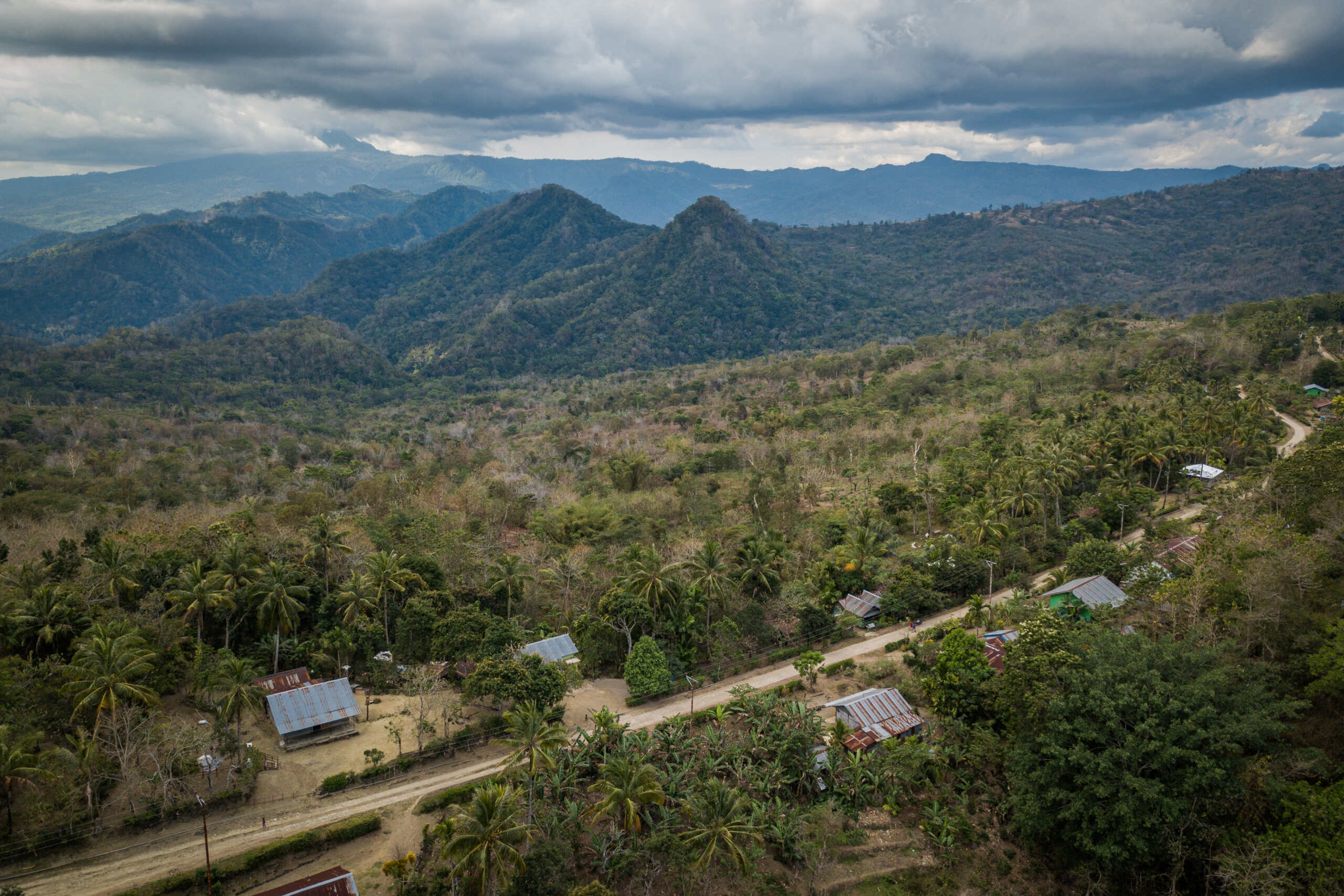Stories of change: disability-inclusive research guidance
Pacific, Stories | June 25, 2024 | Author: Karen Alexander
For international development research to be ethical and uphold high-quality standards it must include people with disabilities. By doing so we ensure all people benefit from development projects, not just a select few. Ultimately, disability-inclusive research helps to achieve better development outcomes overall.
That’s why, in 2018, the Australian Government developed a set of guidelines to support and provide practical direction to not-for-profits, researchers and policymakers in conducting disability-inclusive research.
Research is often conducted before a development project commences and the research findings often inform the inception and carrying out of said project. Ensuring the research undertaken is inclusive means people with disabilities are factored into all aspects of a development project and will more likely benefit from the outcomes.
In what was a truly collaborative process, the Research for Development Impact (RDI) Network, CBM Australia, Nossal Institute for Global Health, and Pacific Disability Forum (PFD) joined forces to produce and launch the guidance ‘Research for All: Making Research Inclusive of People with Disabilities.’
People with disabilities, development practitioners and researchers also provided valuable feedback to inform the guide.
What is in the guide?
The guide has practical tools and resources, case studies, checklists, illustrations and templates. It is divided into three sections, breaking down the many different approaches to inclusion.
- Section One: the background principles of disability-inclusive development (DID).
- Section Two: focuses on the ethical considerations and informed consent processes involved in working with people with disabilities. In particular, in the context of development, cultural differences and differences in power.
- Section Three: examines each phase of the research cycle (Planning, Design, Implementation and Dissemination) and highlights changes to practice to undertake to include people with disabilities.
At the end of 2019, the guidance was presented at the Australian Council for International Development (ACFID) and was rolled out to the Australian development sector. The guide was well received and our hope is that it will continue to be embraced by those responsible for conducting research, taking us one step closer to a more inclusive future.
https://www.cbm.org.au/stories/stories-of-change-disability-inclusive-research-guidance
Related Stories

Week 2 – Lent series 2026
As we continue our Lent journey, we’re grateful to share a heartfelt reflection from CBM Australia’s Head of Program Impact Operations, Kieran Cummins, who...

Building inclusive, climate resilient communities in Bangladesh
Highlights from DFAT Post’s visit In January 2026, representatives from the Australian High Commission in...

Week 1 – Lent series 2026
As we enter the season of Lent, we’re taking time as a community to pause, reflect, and draw closer to the heart of God. Lent invites...
